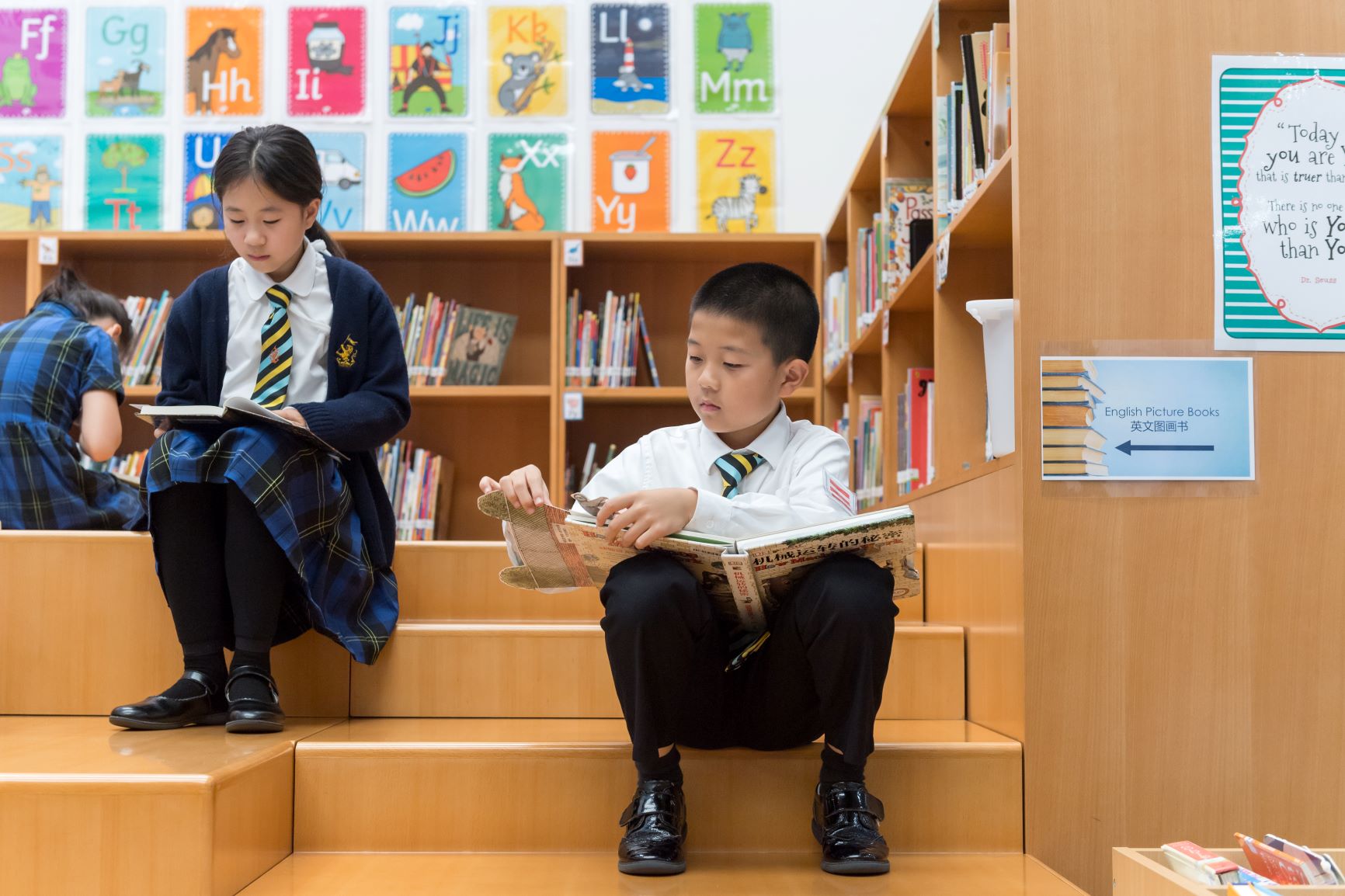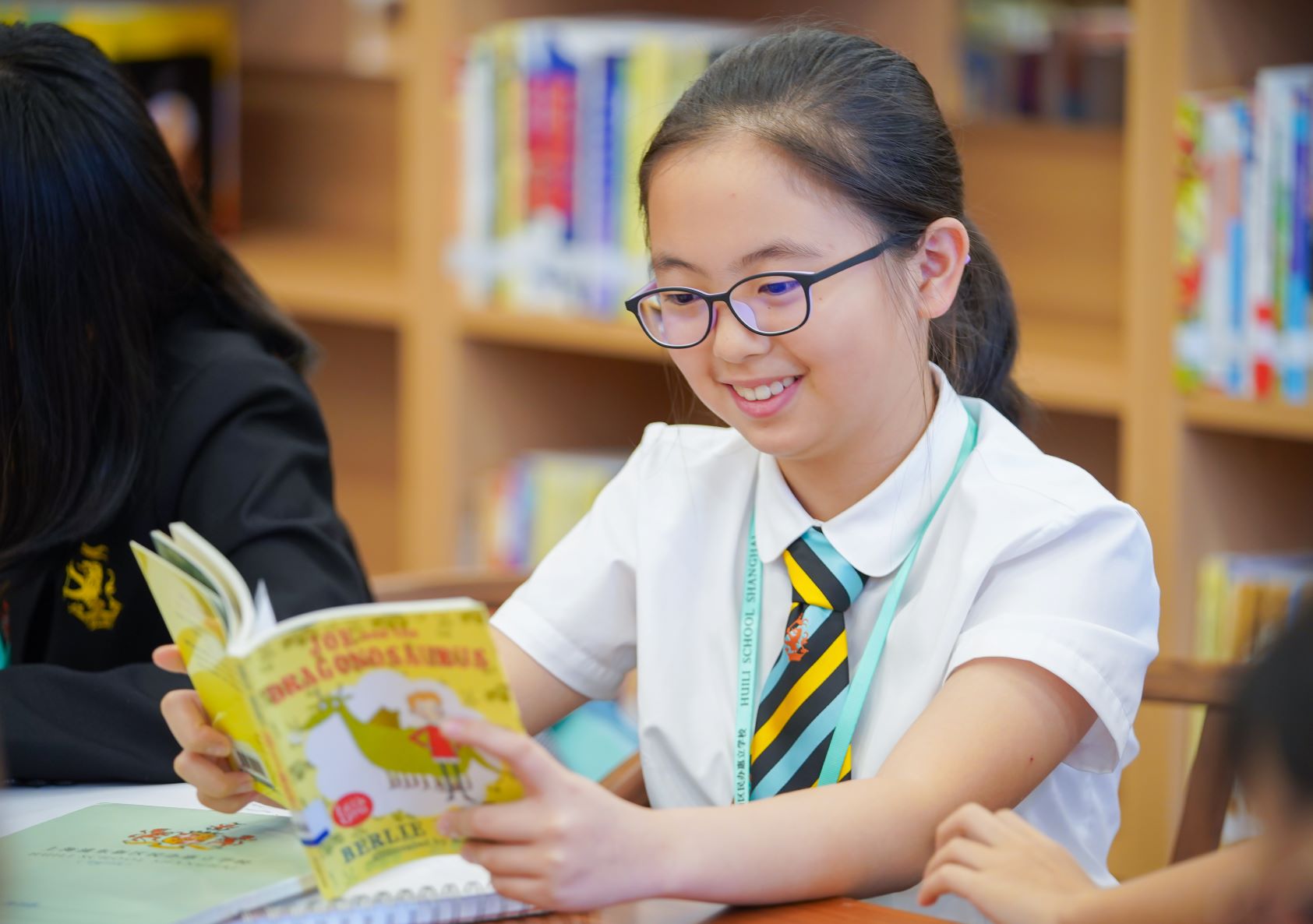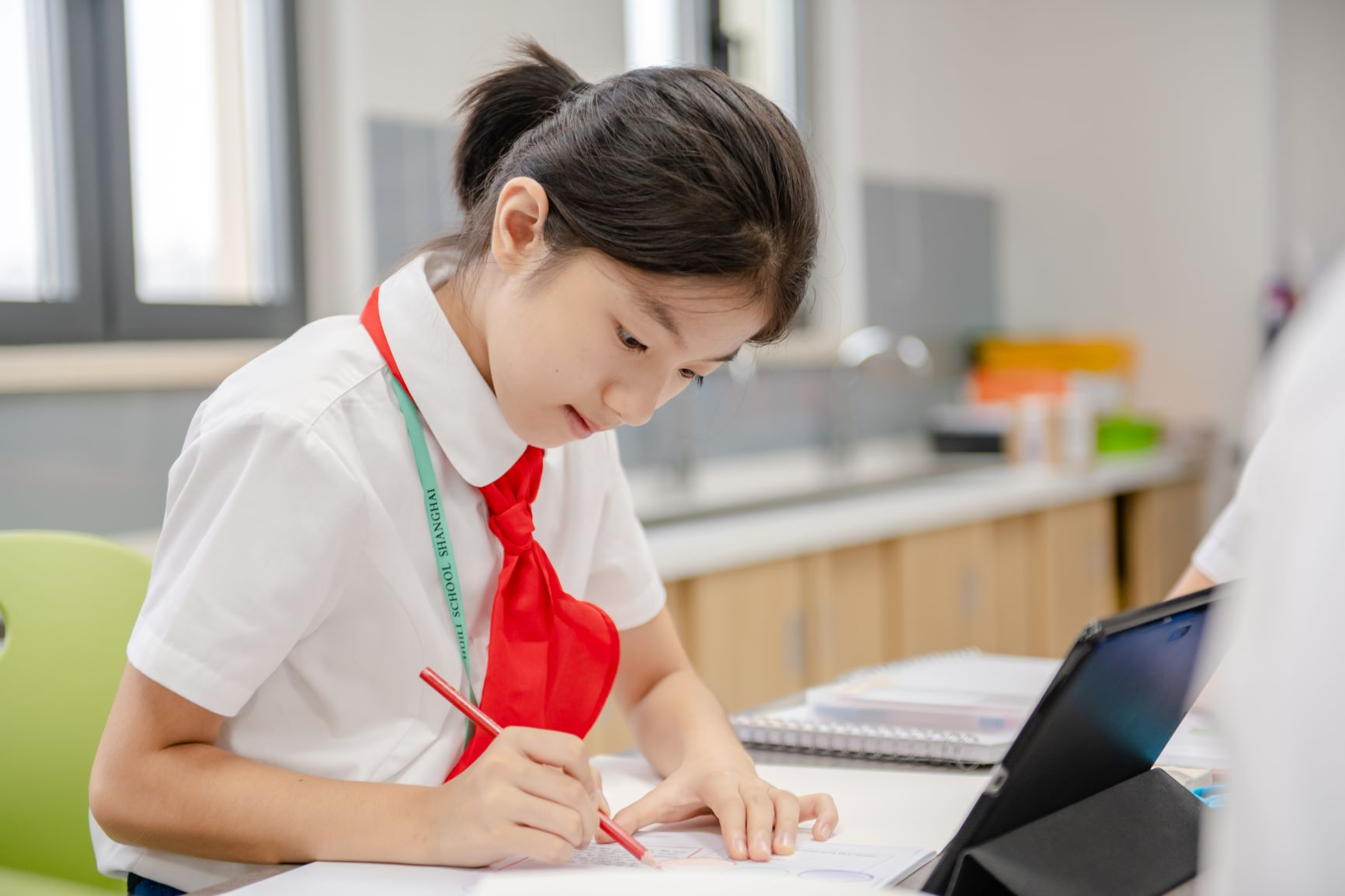
Reflecting after the recent parent-teacher conference day, the most frequently asked question was, “How can I support my child with their progress in English?” The simple answer to this question is: read, read, read. No one can read with profit that which he cannot learn to read with pleasure.” ——Thomas Hardy When learning any new language, reading is a key part to the process, but research has shown that in order to make excellent progress, pupils need to read for pleasure.

Evidence suggests that there is a positive relationship between reading frequency, reading enjoyment and attainment in all subject areas (Clark 2011; Clark and Douglas 2011). Reading exposes pupils to new vocabulary, sentence structures and enables them to learn more about the world around them. At Hiba School, one of our main aims is to develop our pupils into life-long learners: reading is one of the key skills which will support their learning journey. There are so many different ways pupils can develop their word recognition and language comprehension skills than just sitting and reading a book. Here are a number of suggestions to support your child in developing their reading skills further while learning to take pleasure in the act. Picture Books Being able to decode and read texts is only a small part of the reading process. According to the Scarborough Model of Reading (2001) there are eight strands which contribute towards becoming a great reader. Five of them are comprehension skills. Picture books give pupils the opportunity to develop these five skills.If English is not spoken at home, picture books can be used to develop language skills in both languages. It provides an opportunity for pupils to rehearse storytelling and understand different story structures. They encourage the pupils to develop their comprehension skills, inference and prediction; two of the main-core strands underpinning comprehension.

At Hiba School, we have an array of picture books for the pupils to choose from. One of my favorite illustrators suitable for older children is Shaun Tan. He uses a lot of symbolism in his pictures, which enables the reader to use their imagination and inference to try and put the story together.


Audio Books
Listening to stories being read to them exposes children to a wealth of vocabulary and improves speaking and listening skills. It supports pupils’ understanding of the rhythm, expression and pronunciation of the English language. It introduces them to new vocabulary and grammatical structures that they will naturally mimic in their own speech and in turn apply to their writing.In the library resource section of the Hiba School website, we have free access for all our parents and pupils to a subscription of thousands of audio books, both fiction and non-fiction.

Scan the QR code for the subscription service free of charge.
Podcasts There is a great range of good quality podcasts available to children and they will appeal anyone interested in science, geography or history. Podcasts represent a good opportunity for children to listen to real conversation but in a fun and engaging way.
